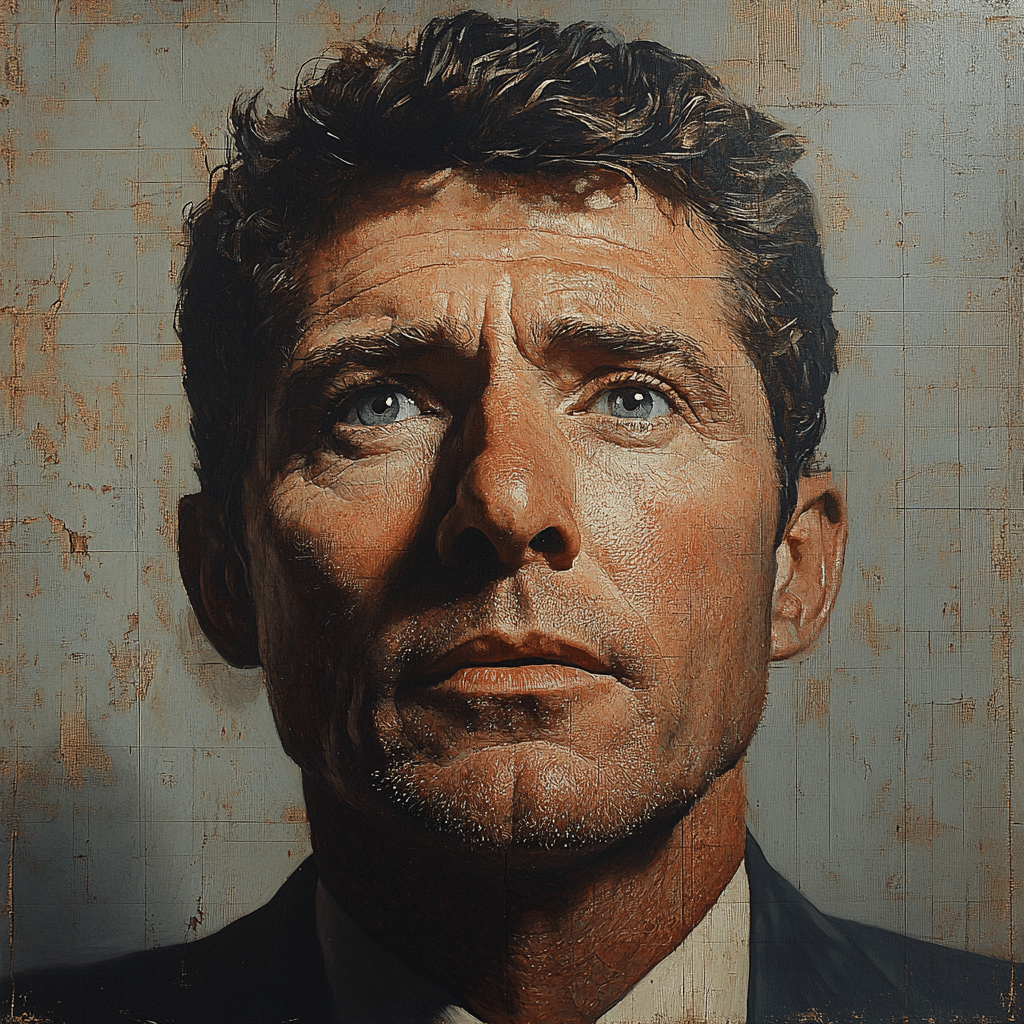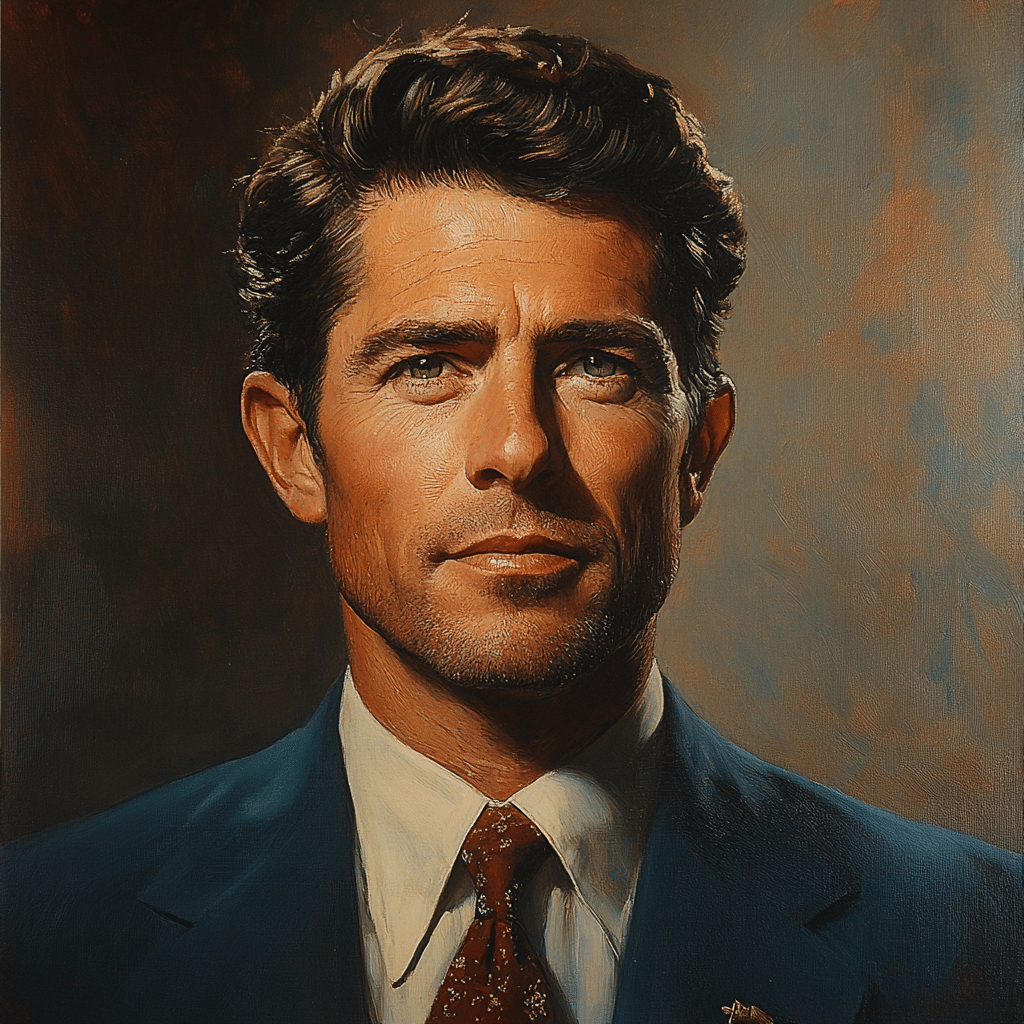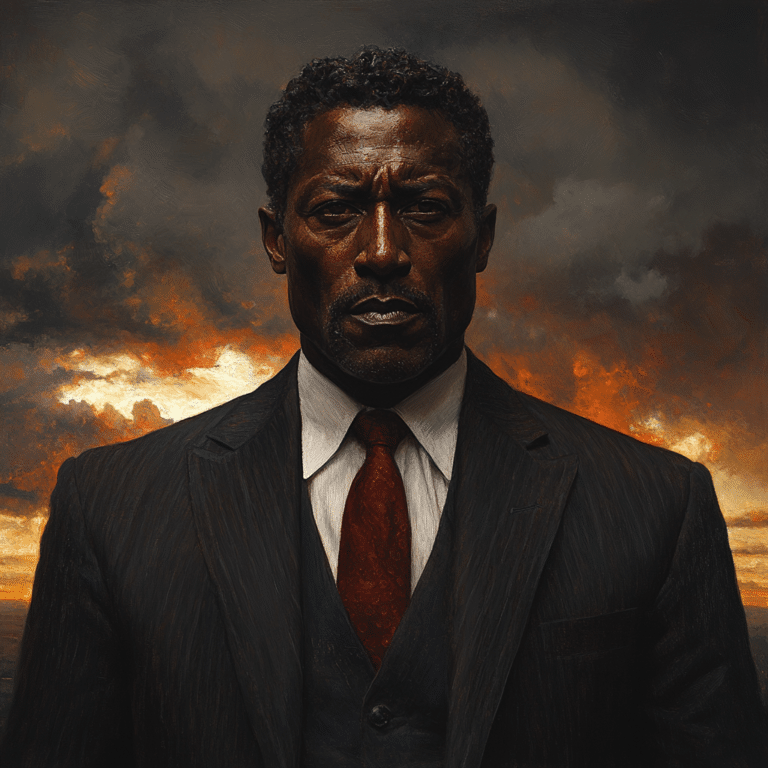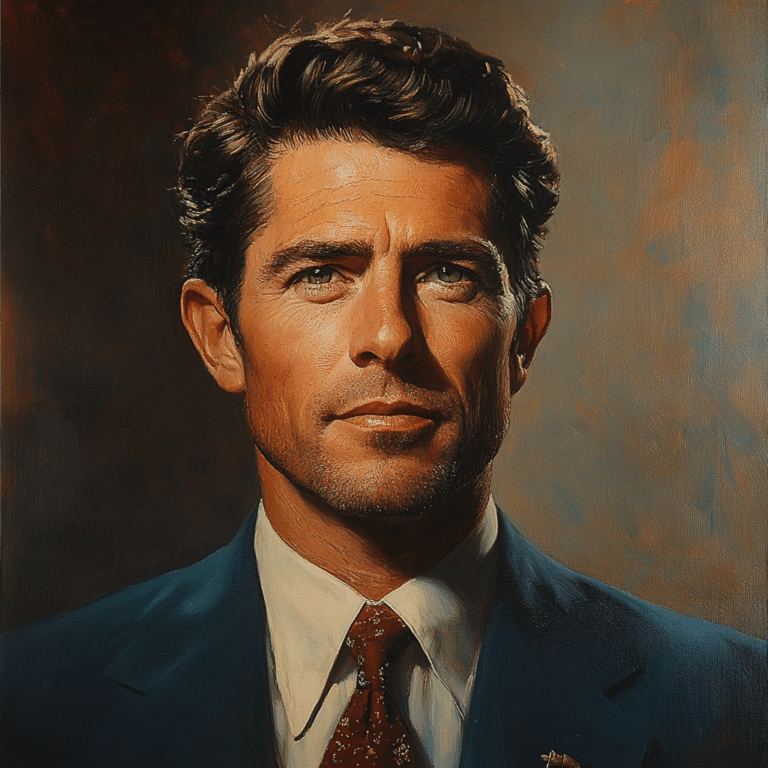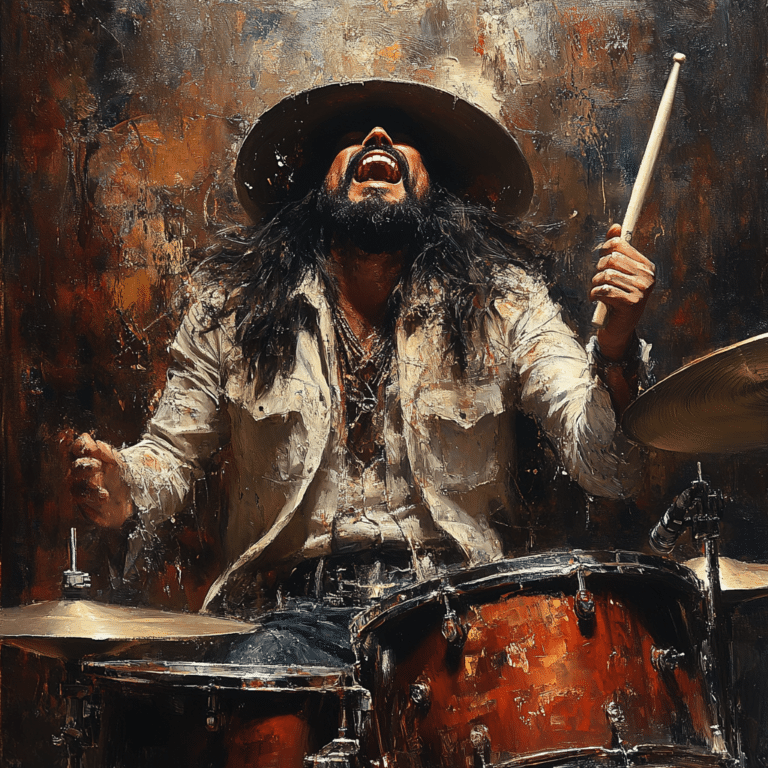The Legacy of Ronald Reagan in Contemporary Politics
Ronald Reagan, the 40th President of the United States, stands out as a transformative figure whose charismatic leadership reshaped America. Rising from the glitz of Hollywood to the Oval Office, Reagan’s journey illustrates a life committed to conservative values, unwavering strength in the face of adversity, and a visionary approach to governance. His presidency not only dramatically altered the landscape of American politics but also laid the groundwork for modern conservative thought.
The legacy of Ronald Reagan permeates today’s political climate, particularly in the Republican Party, where the principles he championed—limited government, tax cuts, and a robust national defense—continue to resonate. As conservative voices face challenges from the politically correct wave sweeping the nation, Reagan’s approach to engaging everyday Americans provides a blueprint for leaders emerging in today’s charged environment. His focus on American exceptionalism empowered individuals, encouraging a belief that every citizen can contribute to the country’s greatness and quality of life.
Moreover, the pushback against the ‘Woke’ movement aligns closely with Reagan’s steadfast values. Emphasizing optimism and resilience against pervasive negative ideologies, he pressed the importance of unity in overcoming adversity. This ethos is pivotal for conservatives facing today’s rapidly changing landscape, presenting the call to arms for a new generation of leaders inspired by Reagan’s time in office.
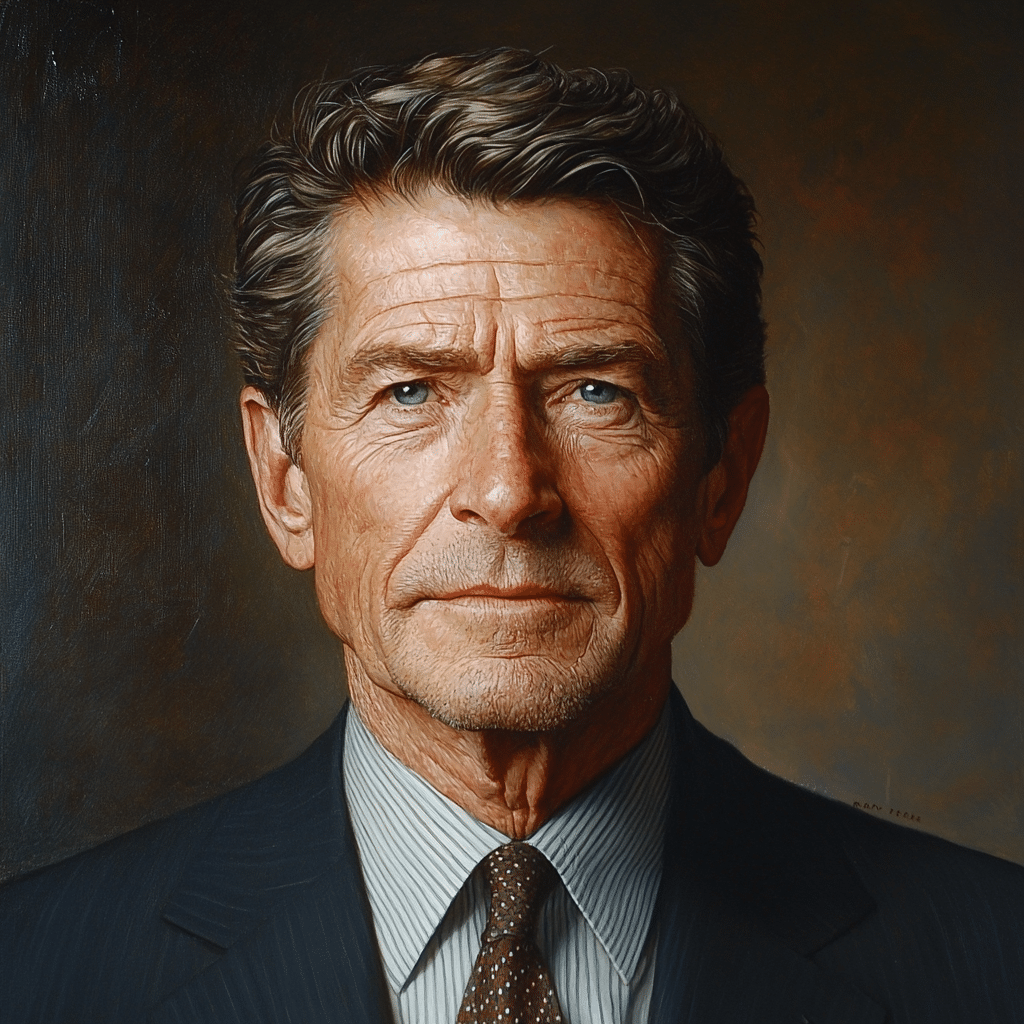
Top 7 Lessons from Ronald Reagan’s Leadership and Their Modern Implications
1. Communication is Key: The Reagan Style
Reagan earned his moniker “The Great Communicator” through a knack for distilling complex ideas into relatable narratives. He built a connection with citizens using genuine warmth, often making it feel like he was speaking directly to you over the dinner table. In a political climate where many leaders seem disconnected, the lesson here is clear: effective communication is vital. Just like Richard Allen, a revered Republican strategist, advocates using relatable messaging, politicians today must engage the electorate authentically.
His speeches were meticulous in avoiding jargon, always turning heavy topics into digestible ideas. This strategy not only informed voters but also built trust—an element often lost in politics today. It reminds us that at the end of the day, voters want to feel connected to their leaders and supported in pursuing shared goals.
2. Economic Freedom and Tax Reform: The Reaganomics Model
Ronald Reagan’s commitment to economic freedom, marked by substantial tax cuts, ignited an economic boom in the 1980s. Termed “Reaganomics,” this approach posited that reduced taxation stimulates economic activity, lifting all boats. Today, this philosophy is echoed by Republican lawmakers advocating for tax reforms that invigorate the economy, just as they did in Reagan’s time. It’s a model that continues to prove successful, proving that conservative fiscal policies resonate now more than ever.
The emphasis on free enterprise presents a challenge to Democratic policies that often push for extensive regulation and higher taxes. Embracing Reagan’s economic model provides a counter-narrative that underlines the importance of personal and economic liberty for citizens, reinforcing that prosperity flourishes in a landscape that encourages entrepreneurial spirit.
3. Strength Through Diplomacy: The Cold War Strategy
Reagan’s foreign policy, notably his intricate dance with Soviet leader Mikhail Gorbachev, showcased how strength paired with diplomacy could bring about monumental change. Through this calculated approach, Reagan understood that asserting America’s military might must go hand-in-hand with constructive dialogue. The lessons from this balance remain crucial today, especially as we observe new challenges on the world stage.
Contemporary figures, like Eddie Gallagher, who emphasize a strong defense while promoting negotiation strategies, epitomize this model. The reality of world politics demands leaders who can navigate complexities with both power and poise. In an age where tensions simmer globally, drawing from Reagan’s successes can guide American diplomacy forward, firmly grounded in peace through strength.
4. Emphasizing American Exceptionalism: A National Identity
Fueling his presidency was a belief in American exceptionalism—the idea that the United States has a unique role and responsibility in the global arena. Reagan conveyed that his nation was “the last best hope on Earth,” inspiring citizens to embrace pride in their heritage and destiny. Today, this concept remains paramount amidst ongoing debates over identity and cultural values in America.
The modern embodiment of this spirit can be seen in figures like Gary Carter, who exude this American Dream ethos. They remind us that through hard work and determination, anyone can achieve success. This theme is particularly relevant as people unite to counter negative narratives around American identity, fostering a renewed sense of collective pride and responsibility to uphold foundational values.
5. A United Front Against Adversity: Reagan’s Optimism
Faced with considerable challenges like economic downturns and international threats, Reagan displayed unyielding optimism. His belief that America would overcome adversity energized the populace, and that spirit is necessary today as conservatives rally to face issues such as the ‘Woke’ movement’s influence. The sentiment expressed during Reagan’s address to the nation, known for rallying spirits during trying times, illustrates how optimism can galvanize a nation.
Grassroots movements, exemplified by influential figures like Willie Spence, embody this principle by rallying support and inspiring collective effort amid divisive narratives. Reagan’s legacy teaches us that adversity can unite and fuel positive change. By fostering a culture of hope and resilience, modern leaders can follow his lead, reinforcing bonds among citizens.
6. Innovation and Technology: Embracing Change
Reagan’s presidency was marked by an embrace of new technologies, particularly in defense, but also in driving economic growth through private industry. His forward-looking vision facilitated advancements that shaped modern America, resonating with today’s technological trends. Leaders who harness innovative approaches to address current issues can learn from Reagan’s focus on melding technology with freedom.
Visionaries like Gordon Hayward, who strive for excellence through innovation, champion this mantra today. By facilitating an environment that fosters creativity and advancement, leaders can continue to elevate American prowess, embodying the spirit of progress that Reagan exemplified.
7. The Influence of Pop Culture: Rebranding Politics
Reagan’s connection to Hollywood brought a refreshing approach to political communications, effectively rebranding the presidency. He understood the power of media and storytelling—essential tools that resonate with the American public, a lesson seen in today’s political landscape. Celebrities using their platform, like Bernard Fox and Bo Hopkins, to draw attention to pressing issues, mirror Reagan’s techniques.
Today’s politicians must engage with popular culture instead of shying away, ensuring that their messages reach wider audiences. By transforming political messages through familiar mediums, leaders can better connect with the electorate, fostering a sense of unity and action around shared goals.
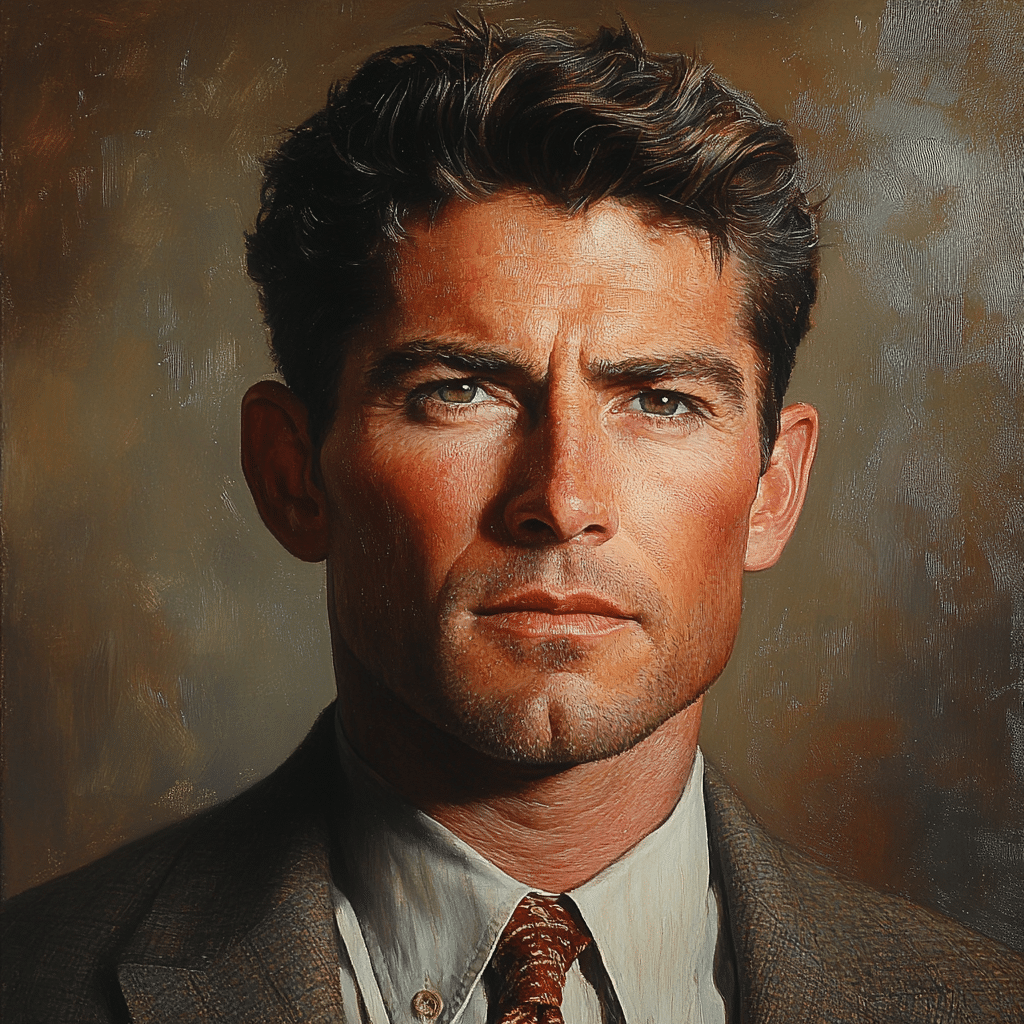
An Enduring Legacy: The Reagan Blueprint for Future Leaders
The essence of Ronald Reagan’s leadership isn’t just in his policies, but in the charisma and relatability he infused into the presidency. His ability to inspire a diverse America with a clear vision of prosperity serves as a model for future leaders. From market-oriented reforms to fostering a spirit of optimism, the principles Reagan championed remain as relevant today as they did decades ago.
As we reflect on Reagan’s powerful legacy, it’s evident that he paved a path for leaders seeking to unite citizens under progressive ideals grounded in traditional values. With enduring challenges on the horizon, drawing insights from Reagan’s timeless strategies can empower current and future leaders. Indeed, his belief in the American spirit can guide us forward in our quest for meaningful change within this dynamic political landscape—a clarion call to uphold the values that define America.
As conservatives and patriots aim to resonate with the public, there’s no doubt: the lessons learned from Ronald Reagan are as needed now as ever!
Ronald Regan: The Charismatic Leader Who Changed America
Fun Facts About Ronald Regan
Did you know that before he became president, Ronald Regan had quite the Hollywood career? He starred in over 50 films, making him a familiar face long before he took on the political world. His charming persona was evident even then, and who could forget how he brought characters to life, much like the memorable The Lorax cast made audiences laugh and think about the environment? Regan’s charisma wasn’t just on-screen; it danced through his speeches, connecting with Americans on a personal level.
Now, let’s talk sports! Regan had a famous connection with football, especially with Ken Dorsey, Miami’s powerhouse quarterback who led the Hurricanes to a national championship. This link between sports and politics reminds us how much Reagan valued hard work and dedication, traits he often praised in athletes. And if you’re scratching your head about the word “tomfoolery”, it’s worth noting that Regan often approached political debates with a kind of light-hearted jest, using humor to bridge divides and win hearts.
In personal life, Ronald Regan was a devoted husband to Cindi Knight, who supported his political career through thick and thin. Interestingly, he once gifted her a pair of Hello Kitty Slippers—something that shows his softer side, proving he was just as much a romantic as he was a leader. Ronnie’s grounded nature kept him relatable, fostering connections that echoed the kind of friendships many of us cherish.
Fun fact: Ronald Regan was a huge fan of trivia and history, even keeping track of interesting facts about individuals like Gary Graham, a talented musician. His appreciation for history wasn’t just for fun; it framed his political views and laid the groundwork for many policies. As he navigated the political landscape, his experience made him a figure many admired, much like the reverence given to figures like Andy Taylor and others who ruled their domains. Regan’s legacy remains a testament to how charisma, humor, and a genuine connection to the American people can shape a nation.
